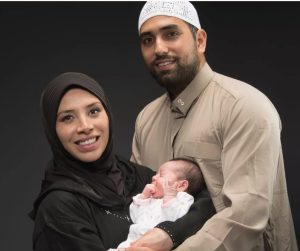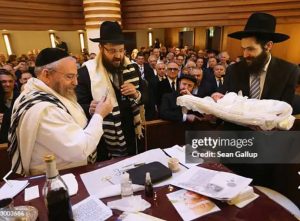Birth and Death: Communal moments in being human
Health humanities is the study of health, illness and healing from the perspective of whole human beings and human lives. Its goal is to understand human experience in both individual and communal ways.
The most universal human experiences are the beginning and the end of life. People are born within communities that were there before them; when they die, they leave behind communities that must continue without them. For those reasons, cultural traditions around birth and death are among the most important moments when people come together to ask uniquely human questions: Who will this baby become? How can we welcome and include them into our lives? What should we do to prepare ourselves for the deaths of people we love? How should we honor them? How will we go on without them?
After two weeks of exploring the healing power of the arts through Visual Thinking Strategies and making art, we turned to these eternal questions. By examining how different cultures work through the human events of birth and death, often including ritual objects and artwork, we contemplate some of those larger human questions.
Traditions and rituals around death
Every religious tradition includes rituals to prepare the community to continue after the person’s death. In Iowa City, Iowa, different cemeteries illustrate cultural beliefs about life, as well as death.


Birth rituals that are common in the US include christenings/baptisms, brit milah ceremonies, and Aqiqa. Each is part of a religious/cultural system, and all involve naming the child in front of the community. Baby showers are also common before the birth of the baby. All are celebrations that involve food, gifts, and planning a secure and loving future for the child.




